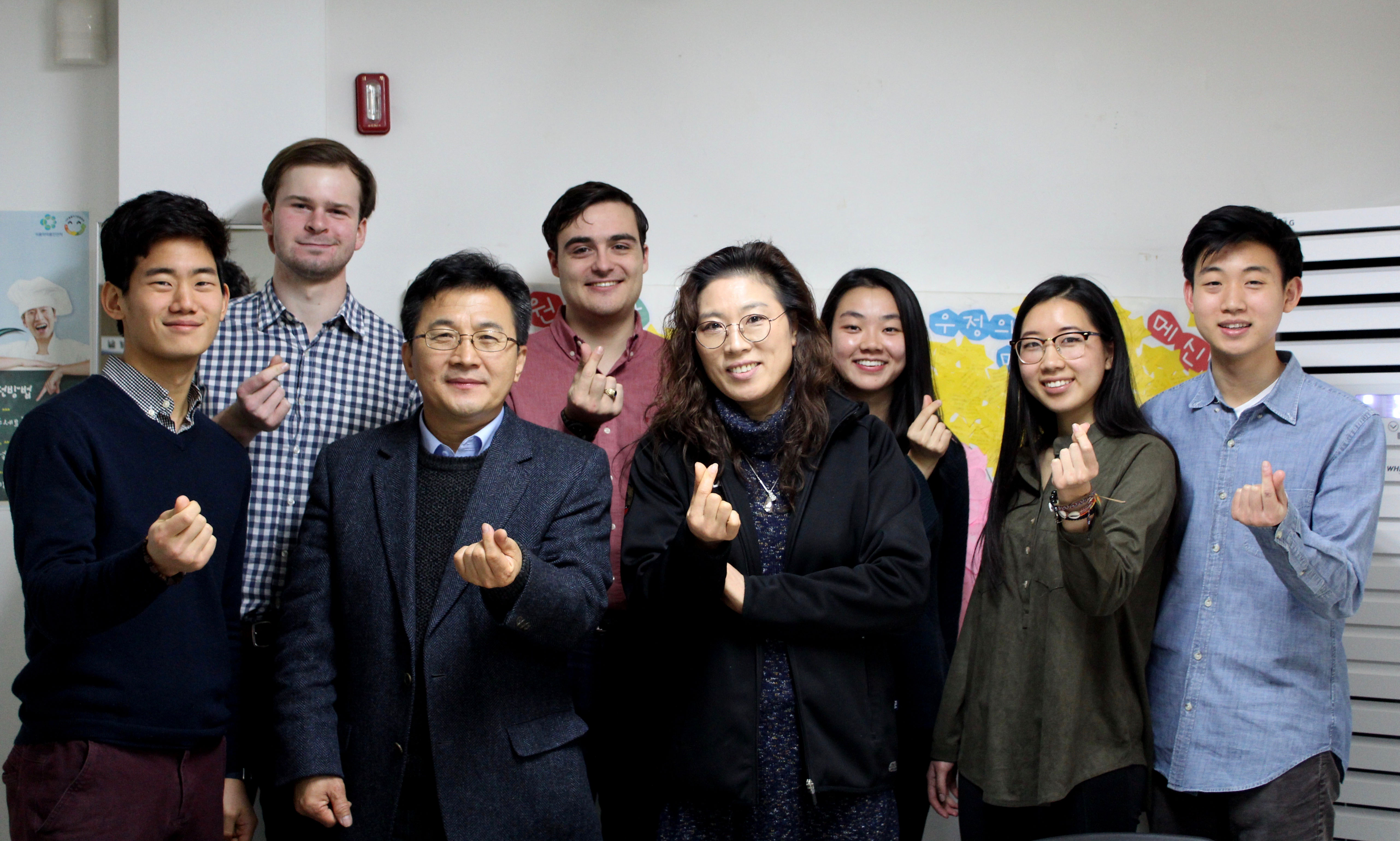
North Korean defectors adjust in Seoul
By Annie Cheng
[divider]
[dropcap]S[/dropcap]eoul sits at the borderline of ancient history and modernity, a globalized city teeming with opportunity and intersectional growth. However, it is also geographically unique by proximity—the city lies only 35 miles from the demilitarized border zone (DMZ) between North and South Korea. It’s hard to believe that just miles away, 25 million people are living in such contrasting conditions to the glimmering lights of Seoul.
Following the fall of the Soviet Union, North Koreans suffered a period of extreme famine, having lost the major source of fertilizer and financial support. Under the continued oppression of the Kim family rule, the citizens of North Korea experienced insurmountable hardships and poor standard of living. The government has been criticized by the United Nations as well as the majority of the international body for its human rights violations carried out through political imprisonment, torture, and disregard for basic civil liberties. Citizens are strictly assigned jobs, living partners, educational allocations and residency—their status in society is determined by their relationship to the Worker’s Party government and military history, otherwise known as songbun.
Through an influx of South Korean, American, and otherwise cultural and political information being smuggled into the borders through television and radio, many North Koreans learned more about the outside world and sought to defect.
Currently, South Korea hosts 30,000 of those defectors. After a three month period of integration education and security vetting by the South Korean government through a program called Hanawon, the defectors are assigned to live in various locations throughout Seoul. At 23 locations across the country, hana educational centers offer services to defectors.
I had the chance to visit one of these centers, the Seoul-Dongbu hana center, as part of a YIRA sponsored research trip to study North Korean defector transition and public policy.
The center, which opened in 2010, offers a 24 hour hotline alongside a host of services focused on improving financial, technological, social, and linguistic literacy. For example, there are classes on smartphone and credit card usage, as well as interaction within South Korean society on a daily level. Volunteers, some of which are defectors who have themselves benefited from the program, work closely with the defectors to help mitigate the various challenges. The defectors often have only primary school education (if they are not Pyongyang elite) and are not adjusted to capitalist society.
The director of the center, Won Hee Lee, leads a course on gender equality discussing the importance of peaceful conflict resolution in households and mutual respect.
She says the biggest challenge facing defectors is the language barrier; South Koreans use many English loanwords and also use over three thousands words of distinct vocabulary. This inhibits the ability of North Koreans to succeed academically, socially, and financially. To counteract the linguistic difficulties, the hana center offers an academy specific focused on language instruction as well as vouchers for outside education. In addition to physical services, the defectors also receive five years of financial assistance. After the five years, formal assistance concludes but the hana center continues to provide physical services such as programming activities and interview advice.
Although the challenges of transitioning to South Korean society are daunting, a myriad of programs are offered to ease the integration process. Because of the perseverance of the defectors themselves and the pervasiveness of South Korean governmental and civilian services, thousands of defectors can finally pursue their right to happiness, freedom, and security.
[hr]
Annie Cheng is a freshman in Ezra Stiles College. Contact her at annie.cheng@yale.edu.